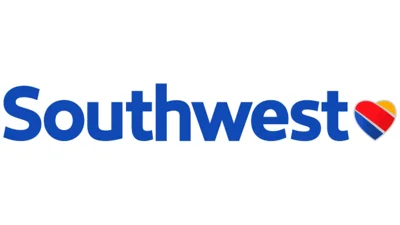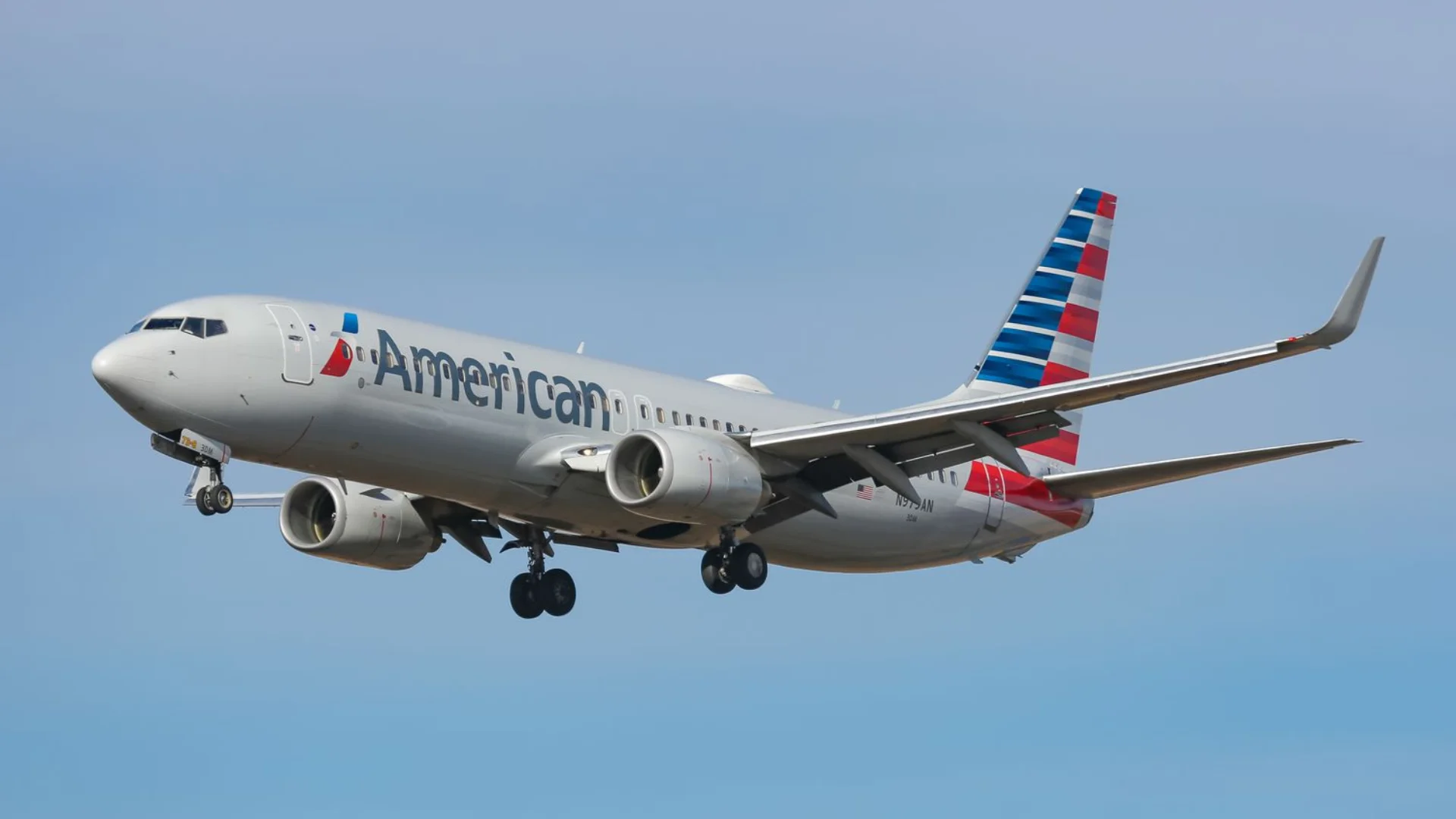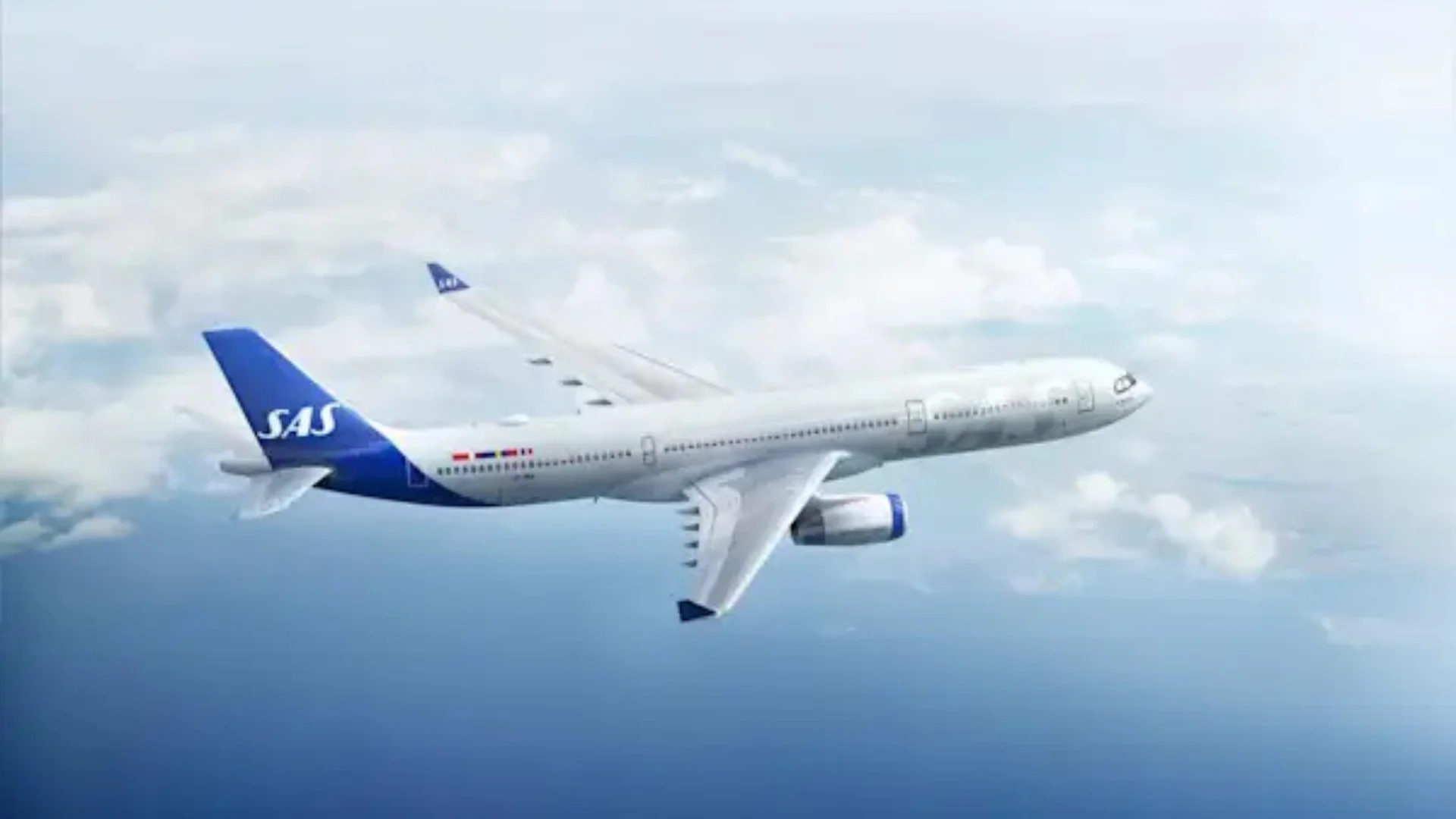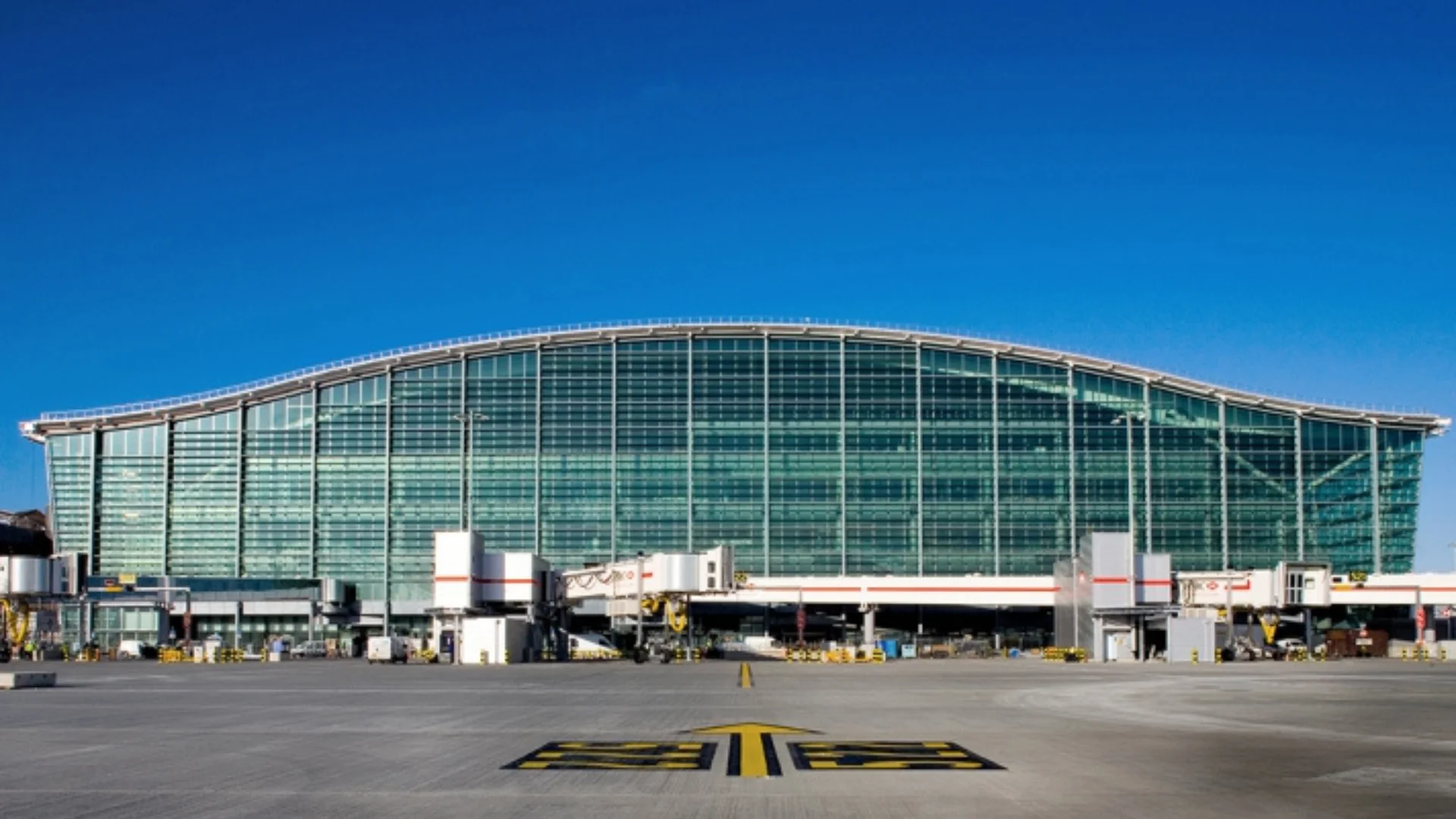The board criticized Boeing’s safety culture and its failure to install four essential bolts on the aircraft. Homendy noted that unauthorized production work had been identified in several internal audits but remained unaddressed. She stated, “The safety deficiencies that led to this accident should have been evident to Boeing and to the FAA. It's nothing short of a miracle that no one died or sustained serious physical injuries.”
On January 5, 2024, an Alaska Airlines MAX 9 flight from Portland (PDX) to Ontario (ONT) returned after experiencing rapid decompression due to a missing door plug. The NTSB found four bolts holding the door plug were absent at the time. A final report from NTSB is expected soon.
Following this incident, all 737 MAX 9s with similar configurations were temporarily grounded for inspection by Boeing. While much blame fell on Boeing for delivering aircraft without key bolts, the FAA was also faulted for "inadequate oversight." Homendy mentioned it wasn't solely Boeing's responsibility but also Spirit AeroSystems', which produces fuselage sections for these planes.
According to CNN reports from Tuesday’s hearing, it was revealed that inspections on these bolts wouldn't have occurred for another two years if not for this incident. Homendy commended Alaska Airlines' crew for safely landing the plane and mentioned that while safety recommendations will be made available during board meetings, adoption by FAA isn't mandatory.
Two months post-incident, Dave Calhoun stepped down as CEO of Boeing and was succeeded by Kelly Ortberg in August 2024. Although praised by Homendy for his efforts so far, she acknowledged Ortberg faces significant challenges ahead.
Despite some progress through new quality controls implemented by both Boeing and Spirit AeroSystems, more improvements are necessary according to Homendy. She hopes new leadership at both FAA and DOT will further enhance safety measures.
This blowout prompted DOJ investigations revealing non-compliance with a previous deferred prosecution agreement from 2021 against Boeing. Additionally, it resulted in an FAA-imposed production cap on MAX models—38 per month—which Boeing aims to lift following safety enhancements.
 Alerts Sign-up
Alerts Sign-up





































